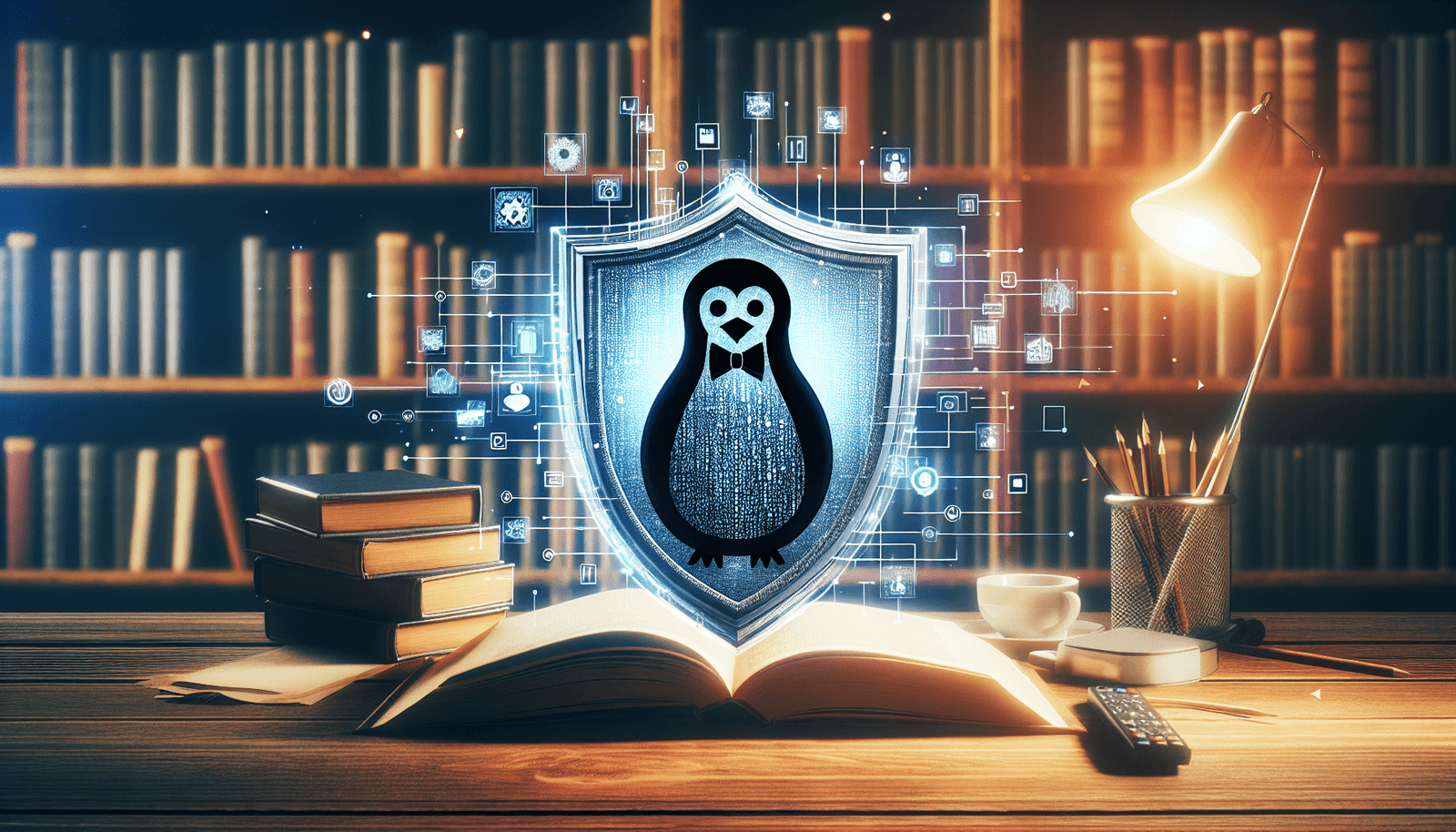Penguin Random House Protects Books from AI Training Practices
In recent years, the advancement of artificial intelligence (AI) has led to significant developments in various industries, including publishing. With the explosive rise of AI-generated content, concerns have emerged regarding the ethical implications of using published works to train AI models. Penguin Random House, a leading publishing house, has taken a proactive approach to safeguard the integrity of its literary assets from potentially unauthorized AI training practices.
The Rise of AI and Its Implications for Publishing
The integration of AI into content creation has sparked debates around copyright and authorship. Publishers and authors alike are increasingly worried about how AI might utilize their works without consent. In response to such challenges, major publishing companies are exploring strategies to protect their authors’ rights and uphold the value of original literature. Here are a few key concerns:
- Copyright Infringement: The possibility of AI learning from copyrighted materials without proper authorization raises serious legal questions.
- Loss of Revenue: If AI-generated content floods the market, it could undermine sales of original works, affecting authors’ and publishers’ income.
- Quality Dilution: A surge in AI-generated content may lead to a dilution of quality in literature, making it harder for readers to find authentic works.
Penguin Random House’s Strategic Response
To combat these challenges, Penguin Random House has implemented several measures designed to protect its authors and their creations. This includes:
- Legal Actions: The publishing house has begun to explore legal avenues to ensure that AI firms cannot use their books for training without explicit permission.
- Collaborations: Partnering with organizations focused on copyright protection helps bolster their position against unauthorized AI usage.
- Public Awareness Campaigns: Educating both authors and readers about the implications of AI in publishing is crucial in building a collective defense.
The Importance of Author Consent
Central to the debate surrounding AI training practices is the necessity of author consent. Penguin Random House recognizes that authors should have a say in how their work is used, especially when it comes to cutting-edge technologies like AI. By advocating for the rights of authors, they ensure that creators receive due recognition and compensation for their contributions.
Publishing Industry Trends
The publishing industry is at a pivotal moment, with AI changing the landscape in many ways. Some trends to watch include:
- Digital Ownership: As digital formats become more common, issues of ownership and control over published works are becoming increasingly complex.
- AI-Assisted Writing Tools: While AI can enhance the writing process, it also raises questions about creativity and originality.
- Literary Value vs. AI Productivity: Balancing the speed of content creation with the preservation of literary quality is a pressing challenge.
Consumer Awareness and Engagement
Readers also play a crucial role in this evolving landscape. By staying informed about the implications of AI in publishing, they can help support their favorite authors and advocate for fair practices. Here are some ways to stay engaged:
- Support independent authors and publishers who prioritize ethical practices.
- Engage in conversations about copyright and AI technologies.
- Follow reputable sources that provide updates on AI developments within the literary sphere.
The Future of AI in Publishing
As technology continues to evolve, the relationship between AI and publishing will likely become more complex. Publishers like Penguin Random House are setting a precedent by taking strong stances against unauthorized AI training practices. This proactive approach is essential to ensuring that the literary world remains vibrant and that authors’ rights are protected.
Conclusion
Penguin Random House’s commitment to safeguarding its books from AI training practices is a significant step in preserving the integrity of literature. By advocating for authors’ rights and encouraging legal protections, they are leading the charge in an industry that must adapt to new technologies while upholding the foundational principles of copyright and creativity. As this dynamic landscape continues to evolve, it is crucial for both publishers and consumers to remain informed and engaged.







